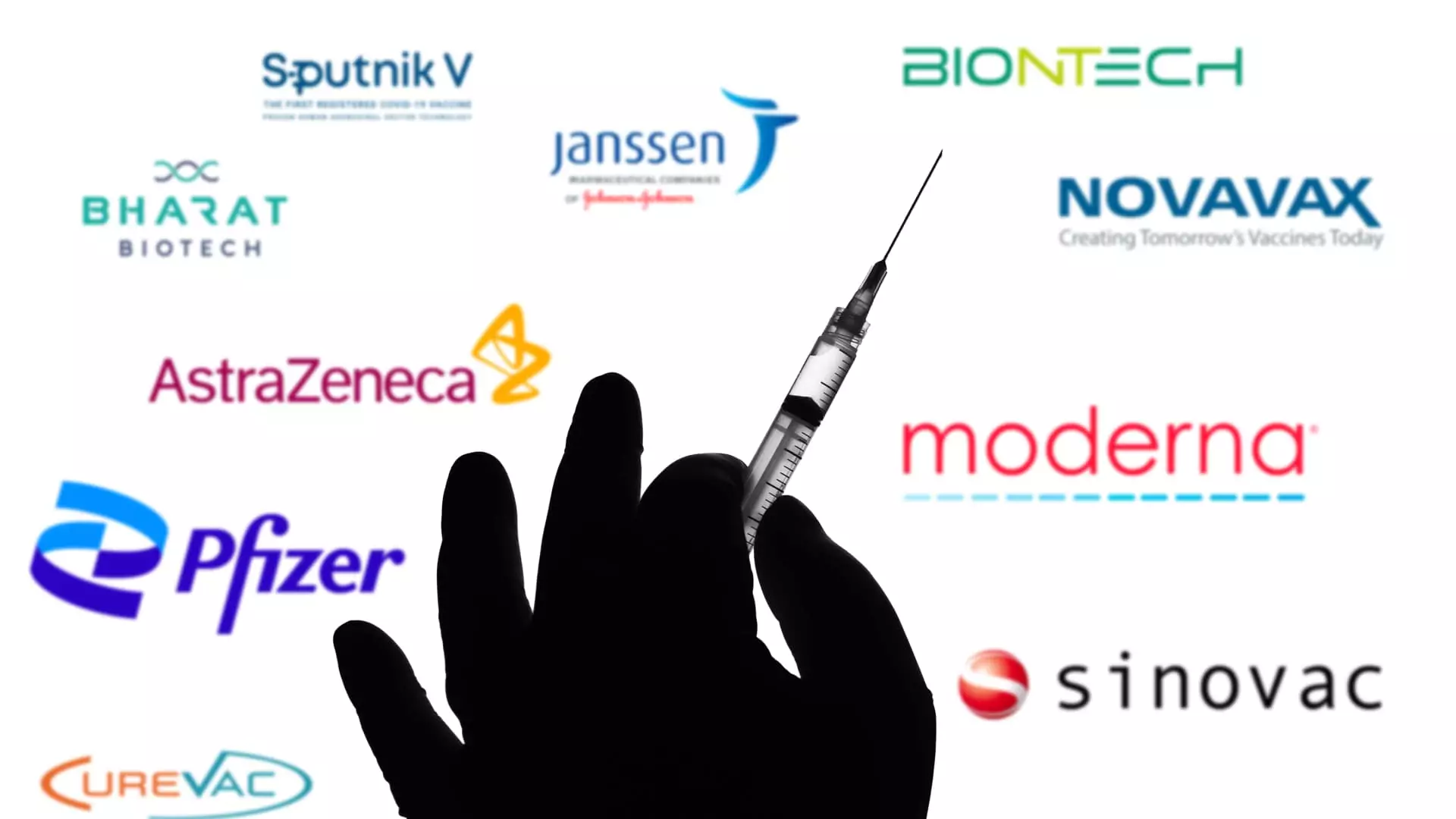The resignation of Peter Marks, a pivotal figure in the FDA and a staunch advocate for vaccines, marks a profound and troubling moment for public health in the United States. Marks has been the face of vaccine safety and efficacy assurance, guiding the introduction of crucial Covid-19 shots and now leaving a palpable void just as we face new health challenges. The circumstances surrounding his departure—rooted in a conflict with Health and Human Services Secretary Robert F. Kennedy Jr., a noted vaccine skeptic—signal a potential crisis that goes beyond typical bureaucratic reshuffling. We’re approaching a juncture that could fundamentally alter the landscape of vaccine confidence and production, especially as new variants loom.
Stock Market Reactions: A Dire Indicator
The immediate aftermath of Marks’ resignation has rippled through the stock market, with shares of leading vaccine developers like Moderna and Novavax plummeting over 8%. This reaction isn’t just about financial loss; it reflects a deeper anxiety within the biotech sector about the viability of future vaccine approvals. When Wall Street analysts begin to question the FDA’s capacity to maintain its independence and commitment to science amidst political pressures, it indicates a profound loss of faith. Such skepticism could stifle innovation, hamper investment, and delay the rollout of life-saving vaccines that many depend on, especially in an era where anti-vaccine sentiments are rampant.
The Poison of Misinformation
Marks’ departure not only highlights internal discord but also illuminates a significant threat posed by the spread of misinformation. His resignation letter poignantly criticizes Kennedy for propagating falsehoods about vaccines, calling attention to the alarming rise of vaccine skepticism fueled by influential figures. The correlation he draws between this skepticism and the resurgence of vaccine-preventable diseases like measles highlights an urgent public health crisis. Such misinformation can erode all previous gains made in immunization rates and safety perceptions. The government needs officials committed to combating these dangerous narratives rather than accommodating them.
A Nation at a Crossroads
This pivotal moment puts America at a crossroads. The implications of Marks’ exit extend beyond immediate stock prices. If the FDA begins to sideline scientific rigor, as outlined in Marks’ resignation, then the integrity of the entire healthcare system may be compromised. A weak FDA risks yielding to political whims rather than scientific accuracy, which not only jeopardizes patient safety but also undermines public trust in vital health interventions.
As a nation that prides itself on cutting-edge medical advancements, we cannot afford such regression. The pursuit of healthcare innovation must be vigorous and unfettered by political agendas—a notion that must reign supreme if we want to uphold the health standards that countless lives depend on.
The Potential Impact on Public Health Policy
The implications for public health policy are dire. The lack of stability and clear oversight at the FDA is likely to cause delays and confusion around vaccine approvals, particularly for personalized treatments like cell and gene therapies that could provide revolutionary cures. As risk-averse companies rethink their research commitments, innovation may falter, leaving thousands at risk. The hesitancy to take significant steps in the state of ongoing public distrust exacerbated by unproven narratives could halt progress before it truly gets off the ground.
Furthermore, if new leadership does not prioritize clear communication backed by scientific evidence, the ensuing environment could embolden the anti-vaccine movement. The CDC’s study into discredited links between vaccines and autism, led by a questionable researcher, suggests that a more assertive and robust strategy is necessary to restore faith in immunization. Rebuilding this trust is no small feat, and it requires unwavering commitment backed by credible science, rather than political maneuvering.
The Importance of Leadership Integrity
Finally, the issue underscores a need for leaders in health agencies who not only accept but advocate for transparency and truth in healthcare. Marks’ call for public engagement and dialogue around vaccine safety should be a blueprint for how health officials can foster trust through active outreach and education. Leadership integrity must shine through; otherwise, we risk trading our ability to save lives for the whims of populist rhetoric.
As we stand uncertain in this climate of hesitation and fear, maintaining the integrity of institutions like the FDA is paramount. If that’s compromised even further, we’ll regret not taking action sooner to safeguard public health in an era when the stakes have never been higher.

